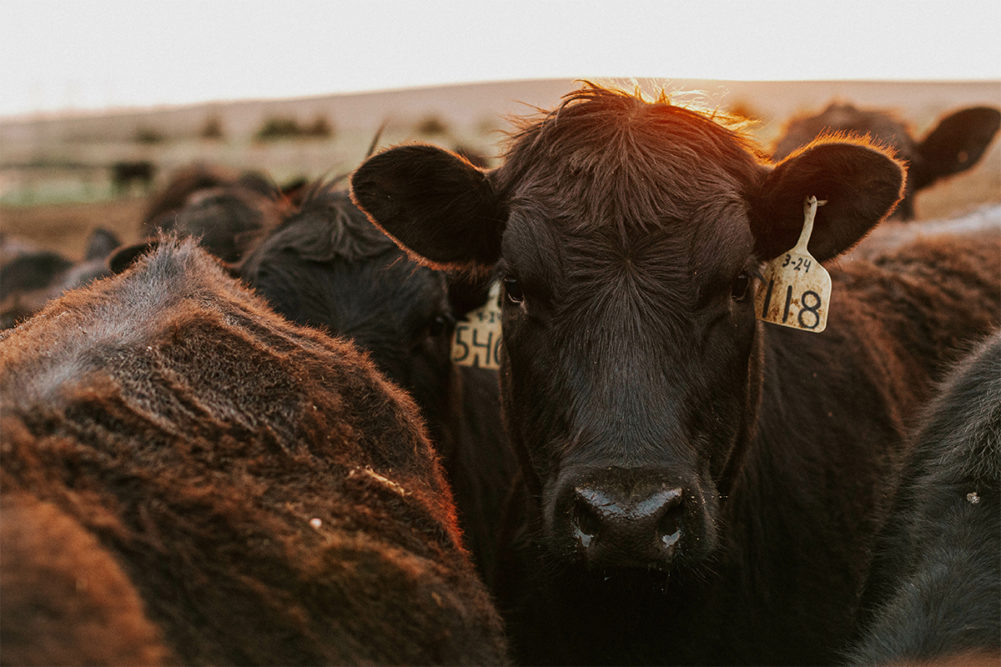CHICAGO — International scientists are teaming up for a $3.2 million project to reduce methane production from rumen fermentation in cattle. Spanning three years, the project is primarily driven by researchers from the University of Illinois Urbana-Champaign.
Part of the Greener Cattle Initiative, which is led by the Foundation for Food and Agriculture Research (FFAR), the project involves six research hubs from around the world, all working toward addressing the issue of enteric methane.
In addition to the U of I, institutions participating in the project include the Grasslands Research Centre, AgResearch, New Zealand; the University of Alberta; Lethbridge Research and Development Centre, Agriculture and Agi-Food Canada; the Norwegian University of Life Sciences; Queen’s University Belfast, Northern Ireland; Ben-Gurion University of the Negev, Israel; and ProAgni, Australia.
The researchers said aggressively targeting methane could help course-correct our climate trajectory quicker than focusing on carbon dioxide alone. Methane is 28 times more potent than carbon dioxide. While carbon dioxide takes hundreds of years to dissipate in the atmosphere, methane degrades within 12 years.
“What this means is that anything we do now with ruminant animals can have a huge impact on warming within decades, rather than centuries,” said project leader Rod Mackie, professor in the Department of Animal Sciences at U of I. “Our challenge is to reduce enteric methane emissions by about 30% to 40% with the technologies we have.”
Mackie and his team will begin by tracking hydrogen production and utilization during fermentation. They will take rumen microbial communities from beef cattle that naturally produce methane to explore potential adjustments that redirect hydrogens towards more productive end products through inhibitor compounds. Later, they will bring their findings back into cows.
“There are a lot of groups working on inhibiting methane directly using dietary additives,” said Josh McCann, researcher and U of I professor of animal sciences. “Our focus is trying to figure out how we actually make it work in an animal and make it more energetically feasible. That’s really been the missing piece. If cows can’t metabolize the excess hydrogens for productive benefit and to improve growth, there will continue to be limited adoption of methane reduction strategies or additives. There’s no economic incentive.”
By the time the three-year project wraps up, the researchers hope to be able to recommend specific amounts of inhibitors that don’t hinder and could even improve production performance. The project will be the beginning of a longer-term endeavor to find enteric methane solutions.
“What we'd like is to have ruminants save the planet within 10 years,” Mackie said. “That would be amazing.”



